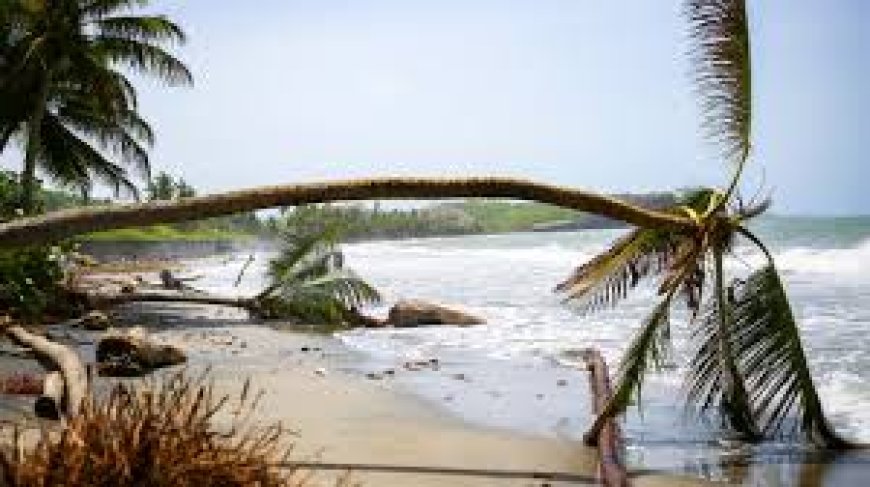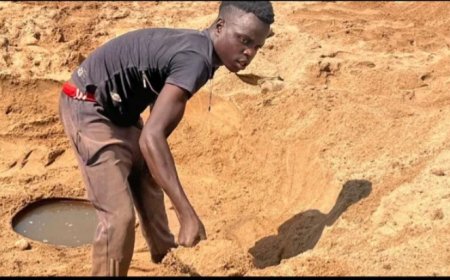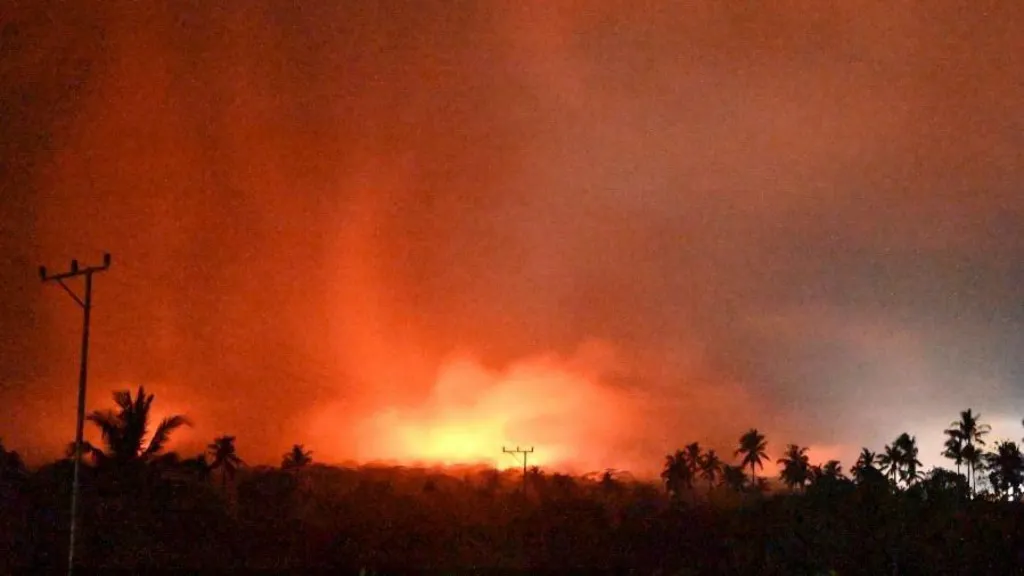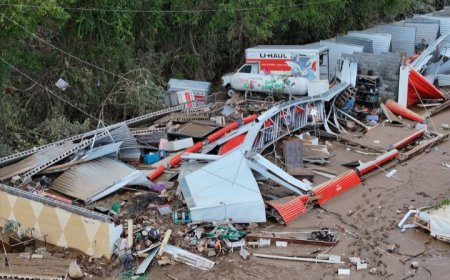Officials plead for $9 million in aid weeks after Hurricane Beryl devastates the southeast Caribbean

SAN JUAN, Puerto Rico (AP) — People in the southeast Caribbean urgently need food, water and shelter nearly two weeks after Hurricane Beryl crushed the region as a Category 4 storm, officials said Thursday as they pleaded for at least $9 million in assistance from the international community.
Thousands of people across Grenada and St. Vincent and the Grenadines were left homeless by the storm, which killed at least seven people and destroyed schools, businesses and livelihoods on the archipelago.
“Together they constitute Beryl’s Armageddon,” said Ralph Gonsalves, prime minister of St. Vincent and the Grenadines. “In just a few hours, entire islands were decimated.
“There is nothing there, really. The housing, public facilities … the shoreline, the fisheries, tourism infrastructure, they are basically no more,” he said during a news briefing as his voice broke.
Beryl set a record for the first-ever Category 4 storm in June in the Atlantic, making landfall July 1 on Carriacou in Grenada and swiping nearby islands.
The hurricane, just shy of a Category 5 storm, crushed power grids, destroyed water systems and killed livestock and fishing equipment that many in impoverished communities on affected islands depended on for a living.
Beryl set a record for the first-ever Category 4 storm in June in the Atlantic, making landfall July 1 on Carriacou in Grenada and swiping nearby islands.
The hurricane, just shy of a Category 5 storm, crushed power grids, destroyed water systems and killed livestock and fishing equipment that many in impoverished communities on affected islands depended on for a living.
"There is no economy,” said Dickon Mitchell, prime minister of Grenada. “We will have to feed the population for the next six months.”
He noted that Beryl destroyed 90% of all buildings on several Grenadian islands, including hospitals and airports. “We need the funds now,” he said. “We deserve to stay alive.”
The United Nations joined the plea for help, noting that $5 million of the $9 million requested would go to Grenada and the remainder to St. Vincent and the Grenadines in a bid to help a total of 43,000 people.
Simon Springett, U.N. resident coordinator for Barbados and the Eastern Caribbean, said Beryl “disrupted lives at a scale and ferocity that is becoming all too common.”
Beryl became the earliest storm to rapidly intensify with wind speeds jumping by more than 63 mph in just 24 hours. It went from an unnamed depression to a Category 4 storm in 48 hours, with record warm Atlantic waters a major factor in its intensification.
Scientists are debating what exactly climate change does to hurricanes, but they agree it makes storms more likely to rapidly intensify.
The National Oceanic and Atmospheric Administration has predicted a well above average 2024 hurricane season, with between 17 and 25 named storms. The forecast calls for as many as 13 hurricanes and four major hurricanes.
An average Atlantic hurricane season produces 14 named storms, seven of them hurricanes and three major hurricanes.
























































